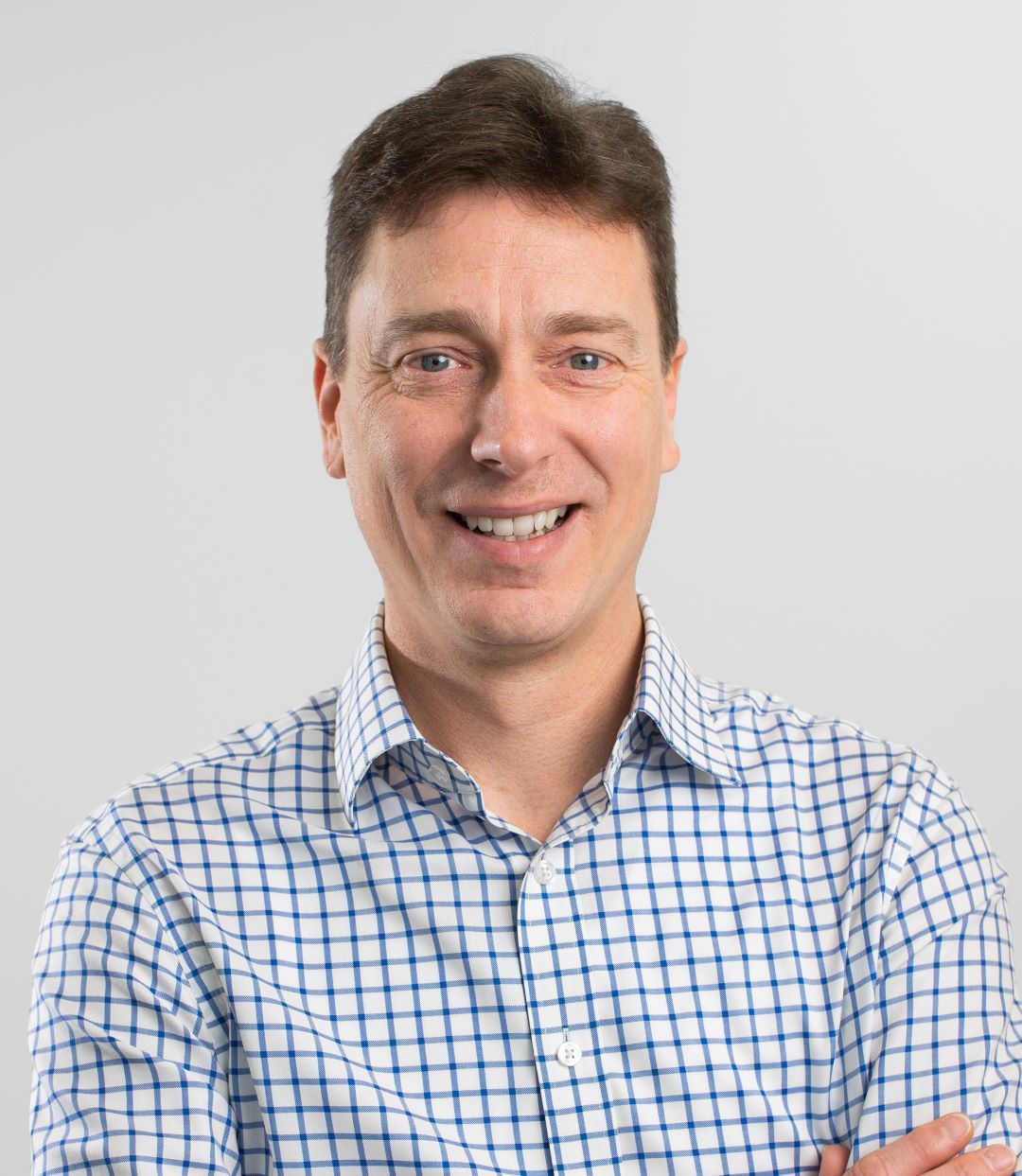
David Hobbs (PhD(BiomedEng) ’18, BEng(Biomed) ’01, BSc (Physics) ’95) rides at the frontier of innovation where engineering and technology entwine, working as a senior lecturer in rehabilitation engineering in the College of Science and Engineering and with Flinders University’s Medical Device Research Institute – he doesn’t see the pace of development slowing any time soon.
“Some of the things you see in movies, where someone gestures and moves things around, these will become a reality sooner rather than later. Technology in the disability sector like low-level voice responsiveness – voice-to-text and voice-to-action devices – are already merging many different types of technologies in the engineering space.”
David, an alumni of Flinders’ engineering program, sees that the future of engineering is linked to accelerating advances in new technology hardware and software, but is confident that the continuous development in Flinders’ teaching programs embrace this rapid change.
“I was in the fourth Biomedical Engineering class that came through Flinders, and in those days, you could only go along the electronics pathway. If I did my degree now, I’d choose the mechanical pathway that’s open to students, because it better aligns with my interests. The choices and pathways Flinders Engineering students have now is amazing.”
“Engineering is taught very differently now; it’s more hands-on, applied and practical. I’ve seen lots of advances because engineers are pretty nimble at jumping on anything new. I received a grant from the college to bring 3D printers into my first-year design topic as soon as I could. Now, students undertake projects that use mechanical aspects like laser cutters, 3D printers and CAD software that is constantly updating and changing. We keep testing the market around contemporary programming languages, and changing to teach what is relevant to industry today.”
Flinders University was among the first in Australia to not just teach an undergraduate degree in Biomedical Engineering, but to have it accredited by Engineers Australia, making it a globally recognised degree. “Flinders established a very valuable benchmark, so we are constantly aware of the challenges we must meet to keep signing off on the 16 Stage One Competencies required for our graduates to become a Professional Engineer.”
In teaching budding future engineers, David loves to witness their growth. “When they’re just about to graduate, you realise that you’ve spent a lot of time together on their projects, and ultimately, you end up helping them to get their first professional job.”
“We recognise there are many challenges facing modern students. They do a huge amount of work. When I was going through university, I was a student first and foremost and did some casual work around that. It’s not unusual for the modern student to say they’re doing 30 hours of employment work on top of their studies. It’s a very different dynamic.”
The good news is that the hard work pays off. “We’ve got graduates whose work now merges all the fields – where biomedical, technical, mechanical, electronics and software specialities all come into play. The rise of software has changed a lot of things, and now we expose students to quite a bit of software engineering and coding in their degrees. What might come next is a greater implementation of machine learning and artificial intelligence.”
David believes the only constant is that engineering will keep changing. “In another 30 years, engineering will look different – because we will all have supercomputers in our pockets. The current trends in software and machine learning, artificial intelligence and the miniaturization of electronics is going to change everything once again.”
For Flinders University’s 30-Year Celebration of Engineering, he’s looking forward to reuniting with the course’s early ground-breakers who now have three decades of career experience. “I’m sure the advice they’ve got for our current students will still hold weight in today’s climate.”
Find Your Fearless – Study Engineering

